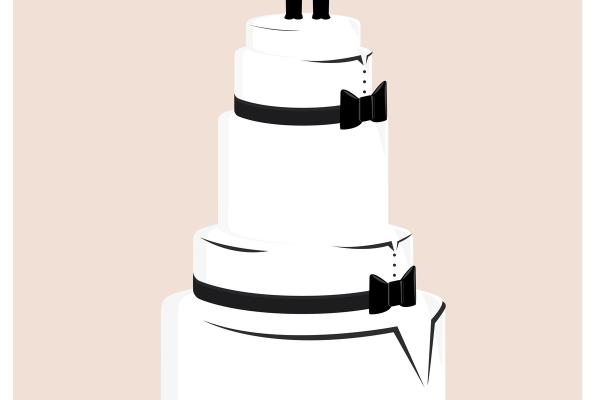Dec 5, 2017
“We can’t take for granted what ‘religious freedom’ is and what it protects,” says Wenger. “White American Christians [have] used religious freedom talk as a way to mark their own superiority” and control the legal, political and social culture.
Read the Full Article

Already a subscriber? Login
